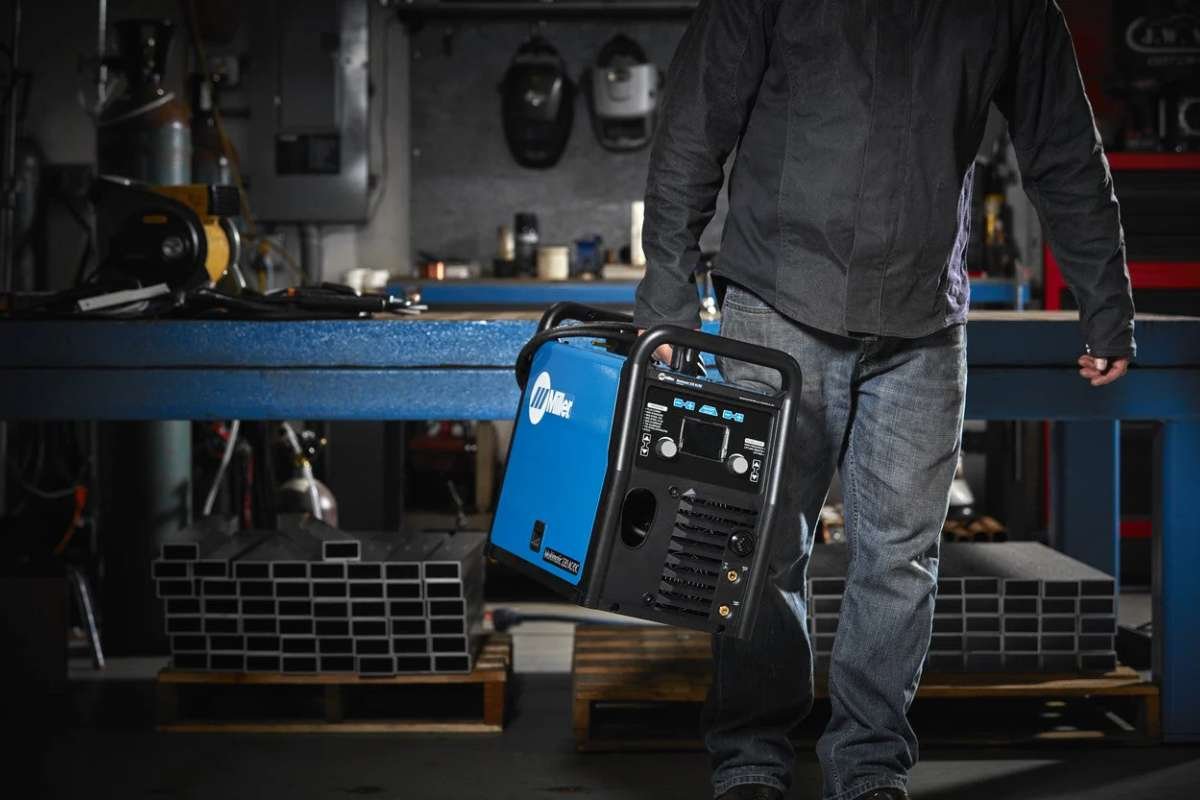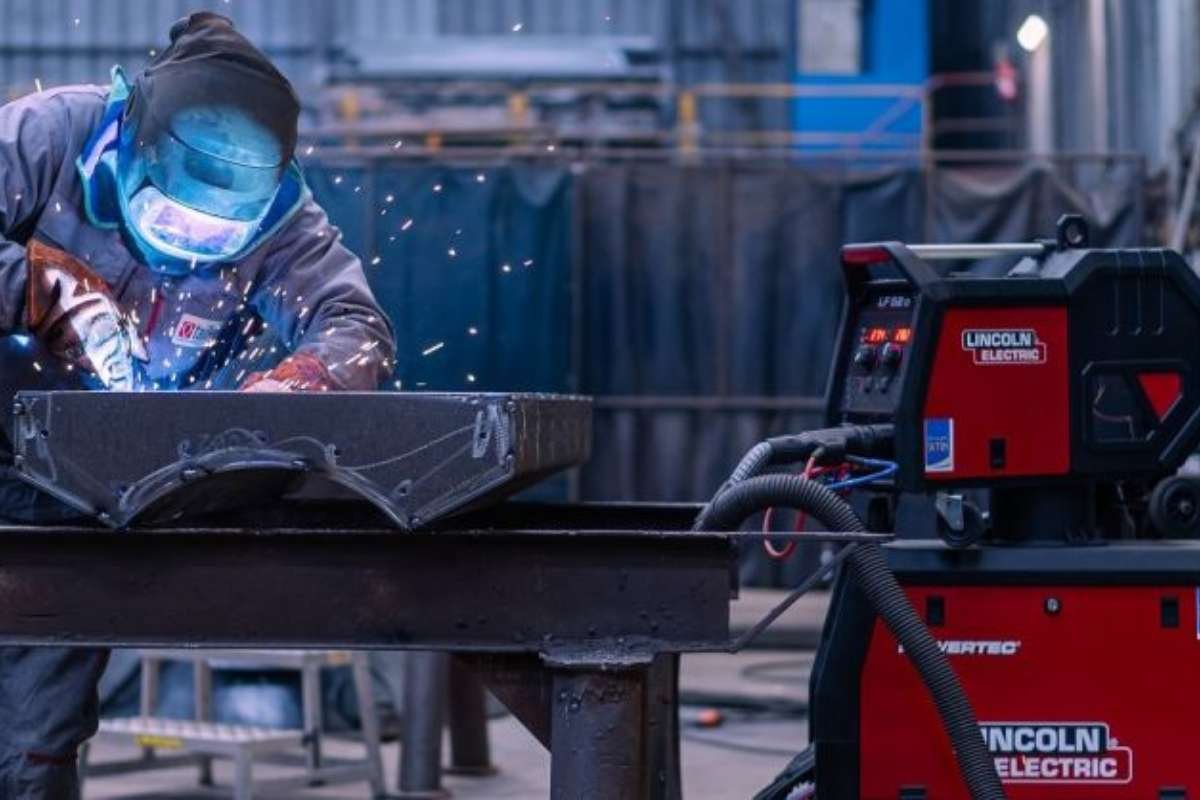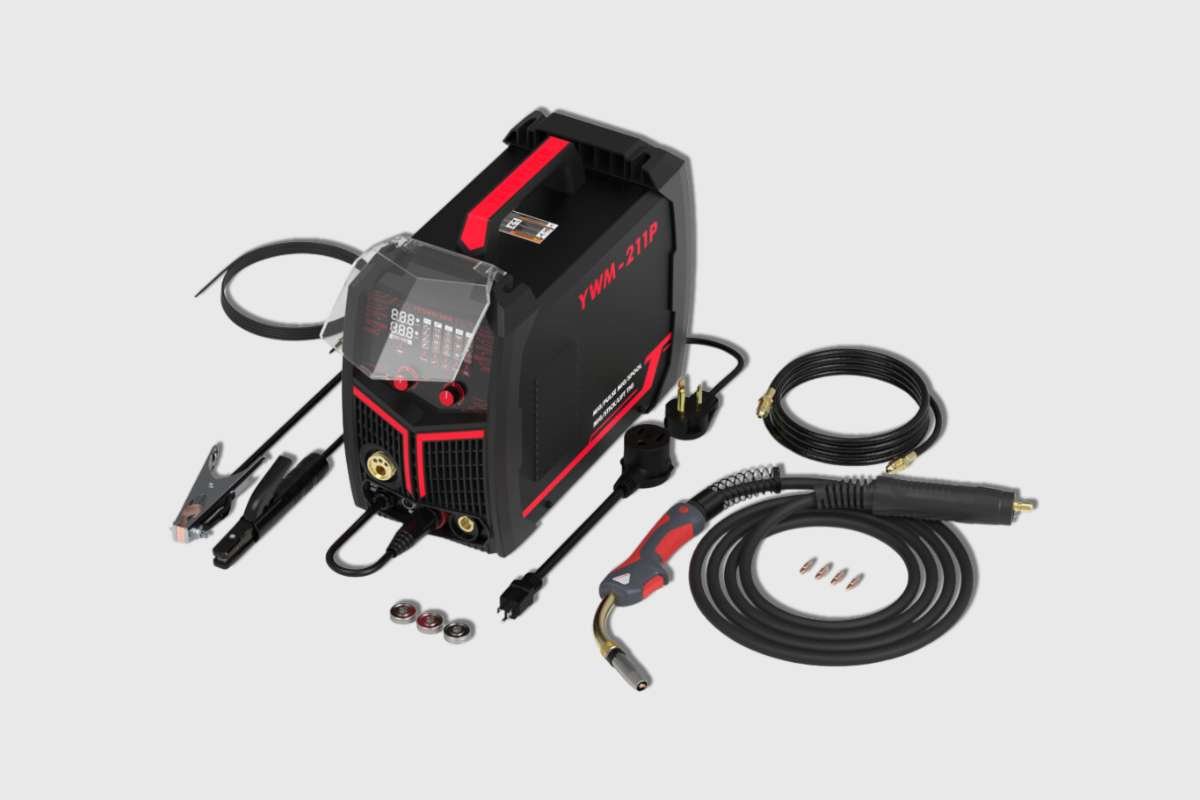Welding is a critical process in many industries, ranging from car repair to heavy manufacturing. Hobbyists and professionals alike are always on the lookout for effective, affordable solutions that can accommodate multiple welding methods. That is where a multi-process welder enters the picture. As the name implies, these machines integrate multiple welding processes into one machine, making them a great option for anyone who wants to increase productivity and reduce equipment expenses.
In this ultimate guide, we will look into what a multi-process welder is, its benefits, features to note while buying one, and optimal usage scenarios for various industries.
What is a Multi-Process Welder?
A multi-process welder is a welding device used to execute more than one type of welding procedure. These devices can normally cater to:
- MIG (Metal Inert Gas) welding
- TIG (Tungsten Inert Gas) welding
- Stick welding (SMAW – Shielded Metal Arc Welding)
- Certain premium models can even accommodate plasma cutting
Multi-process welders enable welders to alternate between processes without having to buy separate, individual devices, and this makes them a worthwhile investment for both professionals and enthusiasts.
Advantages of Utilizing a Multi-Process Welder
Purchasing a multi-process welder has several benefits, including:
1. Flexibility
Another benefit is flexibility in addressing different welding methods. Whether it is precision TIG welding, fast MIG welding, or the strength of stick welding, you are catered for in a multi-process welder.
2. Economic advantage
Rather than buying multiple weld machines specific for each process, a multi-process welder ties them in a single setup with a very positive impact on costs.
3. Space-Saving

In workshops with limited space, a single machine that can do several tasks saves space and provides valuable workspace.
4. Time Efficiency
Changing welding processes is effortless, minimizing downtime due to changing machines or preparing different equipment.
5. Suitable for Different Skill Levels
Most models have easy-to-use interfaces, enabling beginners to try out various welding processes while providing advanced settings for skilled welders.
Also Read: Lean Manufacturing Principles: Enhancing Efficiency and Reducing Waste
How to Select the Best Multi-Process Welder
The best multi-process welder is selected based on several important factors:
1. Power Output and Duty Cycle
Machines with higher amperage provide deeper penetration for thicker metals. A longer duty cycle allows you to weld for longer periods without overheating.
2. Portability and Weight

If you need mobility, choose light models with ergonomic handles or wheels.
3. Material Compatibility
Ensure the machine accommodates the materials you most often work with, like aluminum, stainless steel, or mild steel.
4. Ease of Use and Control Features
Digital readouts, variable settings, and user-friendly controls make it simpler to change between processes and dial in parameters.
5. Power Supply (AC/DC Compatibility)
Certain welding processes, such as TIG welding on aluminum, need AC output, whereas others might need DC output.
6. Additional Features
Search for additional functions like dual voltage operation, synergic controls, and integrated safety features.
Optimal Uses of Multi-Process Welders
A multi-process welder finds use in numerous applications, among which are:
1. Automobile Repair and Fabrication
Great for repairing automobiles’ frames, exhaust systems, and custom work.
2. Construction and Metal Fabrication
Applicable in structural welding, equipment repair, and heavy duty fabrications.
3. Household DIY Projects and Hobbyists
An excellent choice for DIYers who wish to work on furniture, gates, or artwork without having to purchase several machines.
4. Industrial and Manufacturing Use

Mass production lines take advantage of the efficiency and versatility of multi-process welding machines.
Also Read: Sustainable Manufacturing: Paving the Way to a Greener Future
Top Multi-Process Welder Brands
A few brands lead the market, providing high-quality multi-process welding machines:
- Lincoln Electric – Renowned for reliability and cutting-edge features.
- Miller Electric – Well-known for industrial use and professional-level welders.
- Hobart – Excellent combination of value and performance.
- Everlast – Provides feature-packed machines at affordable prices.
- ESAB – Known for innovative technology and dependability.
Conclusion
A multi-process welder is a dream for hobbyists and professionals alike. Its versatility, affordability, and ease of operation make it a sound investment for any number of applications. From automotive repair work, to industrial production, to individual projects, the right multi-process welding machine can make all the difference in efficiency and producing top-notch results.
When choosing a multi-process welder, keep in mind power output, portability, compatibility with materials, and other features to make sure you have the best machine suited for your applications. With the right decision, you can experience hassle-free welding sessions and be as productive as possible in the long term.










